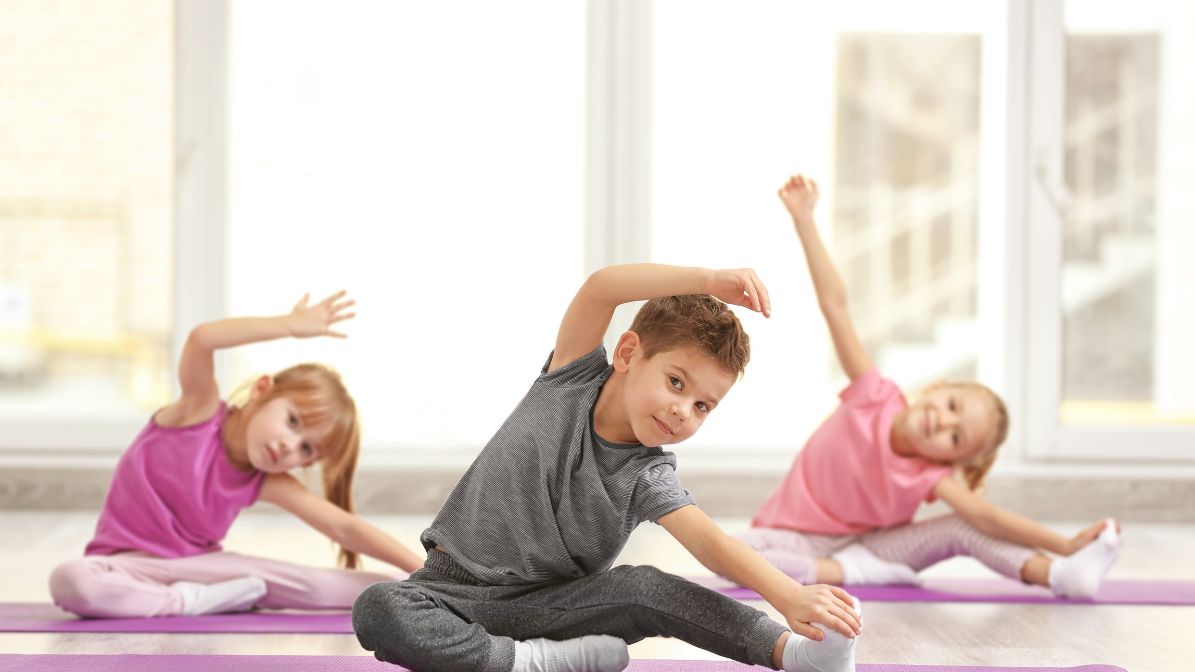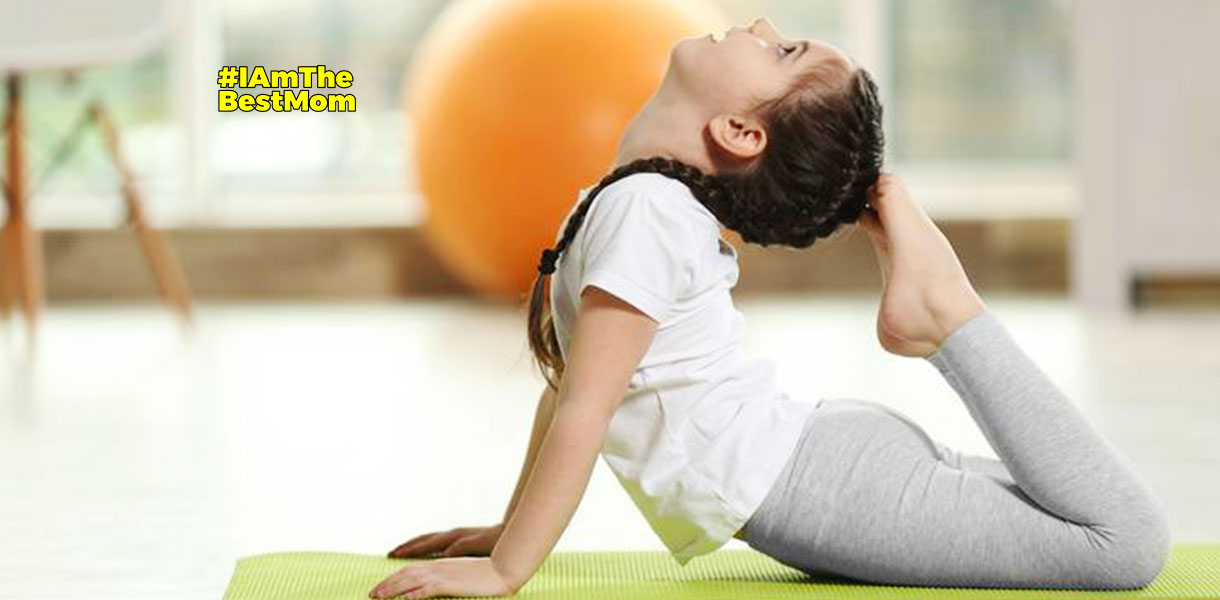
Boosting Brain Development in Children Through Exercise
In today's fast-paced digital age, it is becoming increasingly crucial to prioritize the healthy development of our children's brains. While we often focus on academic achievements, it is equally important to recognize the significant impact exercise can have on brain development in children. Engaging in physical activities not only enhances their physical well-being but also stimulates cognitive growth and overall mental health. This blog explores the profound benefits of exercise on brain development in children and offers insights into incorporating exercise into their daily routines.
● Cognitive Enhancement: Regular exercise promotes increased blood flow to the brain, which delivers oxygen and essential nutrients necessary for optimal brain function. It stimulates the release of growth factors that facilitate the growth of new neurons and neural connections. As a result, children who engage in physical activities demonstrate enhanced cognitive abilities, such as improved attention span, memory, problem-solving skills, and overall academic performance.
● Emotional and Mental Well-Being: Exercise plays a pivotal role in maintaining emotional and mental well-being in children. Physical activity releases endorphins, which are natural mood enhancers. Regular exercise reduces stress, anxiety, and symptoms of depression, allowing children to develop better emotional resilience and cope with everyday challenges effectively.
● Executive Functioning: Engaging in exercises that require coordination and balance, such as dancing, martial arts, or team sports, enhances a child's executive functioning skills. These skills involve cognitive processes like planning, organization, self-control, and decision-making. By practicing these activities, children strengthen their neural pathways responsible for executive functioning, enabling them to excel academically and in other areas of their lives.
● Social Interaction and Brain Connectivity: Participating in team sports or group exercises fosters social interaction, cooperation, and teamwork. These experiences promote the development of social skills, empathy, and emotional intelligence. Social interaction, combined with physical activity, enhances brain connectivity and creates a supportive environment for cognitive and emotional growth.
By encouraging physical activities, we empower children to thrive cognitively, emotionally, and socially. Whether it's outdoor play, sports, dance, or yoga, providing opportunities for regular exercise enables children to unlock their full potential, setting them on a path toward a healthier, happier, and more intellectually robust future.








